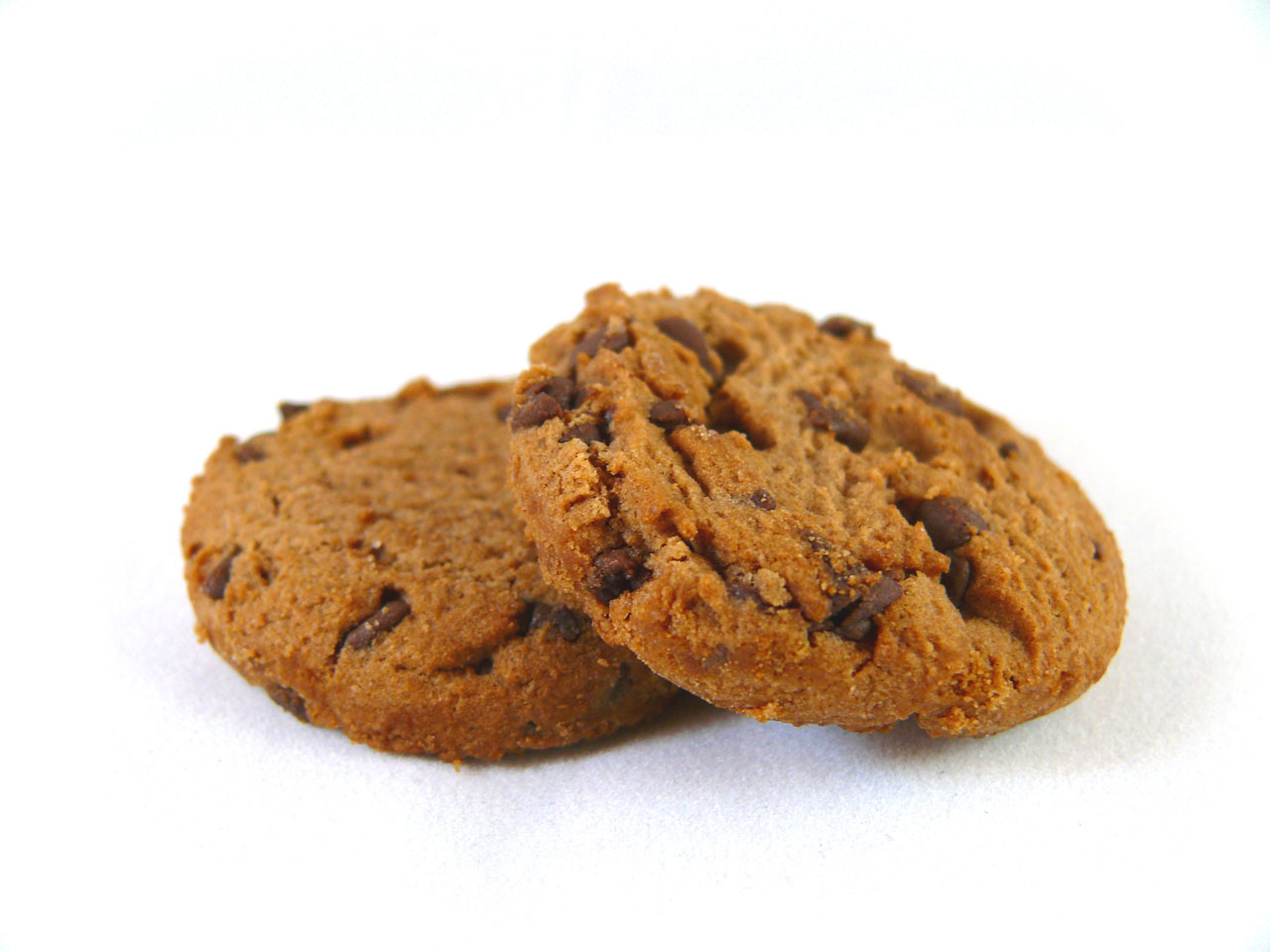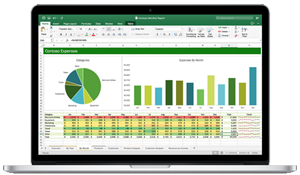The second module of our technology class is focused on safely navigating, evaluating, and using the Internet in the classroom. In this post, I will be discussing ways you and your students can find quality information online, a couple of educational websites I like to use, and one way to keep your information secure online.
Search Engines & Web Navigation
 There are a few tips to finding quality information online. One of them is to look at what the URL ends with: .edu, .org, and .gov are typically going to be reliable websites.
There are a few tips to finding quality information online. One of them is to look at what the URL ends with: .edu, .org, and .gov are typically going to be reliable websites.In the textbook, Roblyer (2016) references "three guidelines for teaching students good searching skills:
"1. Do not give research assignments that can be done with a quick Google search. Make assignments that require a thoughtful search.
2. Teach students to search with keywords, rather than with questions.
3. Show them how they can use advanced search tools to narrow their searches." (pg. 184)
Website Evaluation
The video below references Kathy Schrock's The 5 W's of Web Site Evaluation (a one-page PDF, free for classroom use).
The 5 W's (Who, What, When, Where, Why) are familiar to students and would be easy to remember for evaluating websites. The PDF linked above would be handy placed near computers for students!
Favorite Professional Websites
As it turns out, they do a lot more than just book fairs. Scholastic's website offers tons of resources for both teachers and parents. (The link provided takes you to the teacher resources - lesson materials, videos, activities and more! They even offer a list of websites for teachers.)
In our textbook, Roblyer (2016) provided a checklist for evaluating websites, and Scholastic's website checks off basically everything: easy navigation, quality content, appropriate media, an appealing visual design, and information on how to contact the website's moderators. (pg. 198)
 PBS Learning Media - Like Scholastic, PBS Learning Media offers many resources for teachers. It gives you the ability to browse state and national education standards, as well as search for specific resources based on topic, grade level, subject, and format.
PBS Learning Media - Like Scholastic, PBS Learning Media offers many resources for teachers. It gives you the ability to browse state and national education standards, as well as search for specific resources based on topic, grade level, subject, and format.Based on Roblyer's (2016) checklist, PBS Learning Media is a quality website for many of the same reasons listed above for Scholastic: easy navigation, quality content, appropriate media, and an appealing visual design. (pg. 198)
Online Safety & Security
 |
| No, not that kind of cookie! |
In the textbook, Roblyer (2016) talks about cookies, which "provide the server with information that can help personalize Web activity to your needs." (pg. 175) Basically, cookies collect information (such as browsing history) to make your online experience more personal (such as creating targeted advertisements).
It sounds creepy, but they're also designed to be helpful; cookies are used to remember your login/profile information on websites, or to remember your location so websites can give you relevant information (such as local weather). Here are some suggestions about managing cookies on your computers and devices.
There you have it - I hope this information has been helpful! See you all for Module 3. 😉
Roblyer, M.D. (2016). Integrating Educational Technology into Teaching. New Jersey: Pearson




